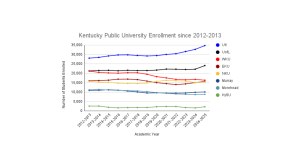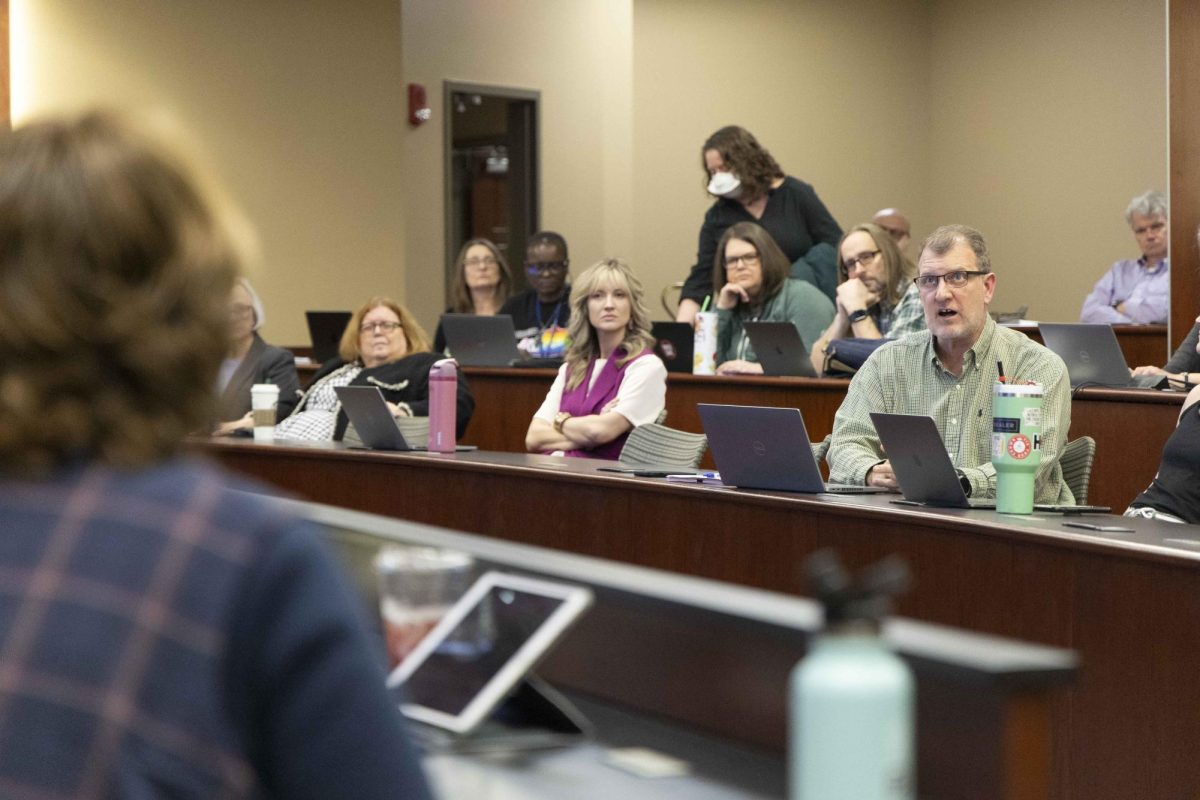Faculty talk 14th Amendment
September 15, 2010
Members of the history department talked citizenship today as Constitution Week continued.
The history department hosted an open-panel discussion Tuesday afternoon in the Faculty House called “The 14th Amendment in Jeopardy: The Idea of Citizenship in the 21st Century.”
Recently, the 14th Amendment, which sets forth that children born in the United States automatically gain citizenship, has been called into question.
History Professor Glenn LaFantasie presented both historical and moral arguments in opposition of a repeal of the 14th Amendment.
The Congressional framers defined citizenship broadly, LaFantasie said.
He stressed that the recent attempts to repeal the 14th Amendment are not the first time Americans have challenged the rights of ethnic minorities.
“Anytime we go through an economic slow down, America seems to challenge the most recent group of immigrants,” LaFantasie said. “This too shall pass.”
Associate History Professor Patricia Minter said that a repeal of the 14th Amendment might as well change the quote on the Statue of Liberty from “Give me your tired, your poor, your huddled masses yearning to breathe free” to “Bring me your very white western Europeans.”
Minter suggested that anyone who wished “to revoke the 14th Amendment to oppress a group based on race should perhaps look back on the Dred Scott decision.”
History Professor John Hardin argued that once blacks were freed from slavery, they were given a second set of laws to abide by—with rights far below those of their white peers—and that America isn’t above allowing this to happen again.
All three professors stressed that this is not the first, or the last time America will struggle with racial equality issues.
They also said that the group in favor of racial equality and integration will always far outweigh the group against it.
Many other freedoms are protected by the 14th Amendment, such as equal protection by the government between genders, Minter said.
Hardin advised students to become familiar with their state and national constitutions.
“When people tinker with the Constitution, it can be good or bad,” he said. “If you don’t know what’s in the Constitution, you won’t know what’s being changed until it’s already done.”
















